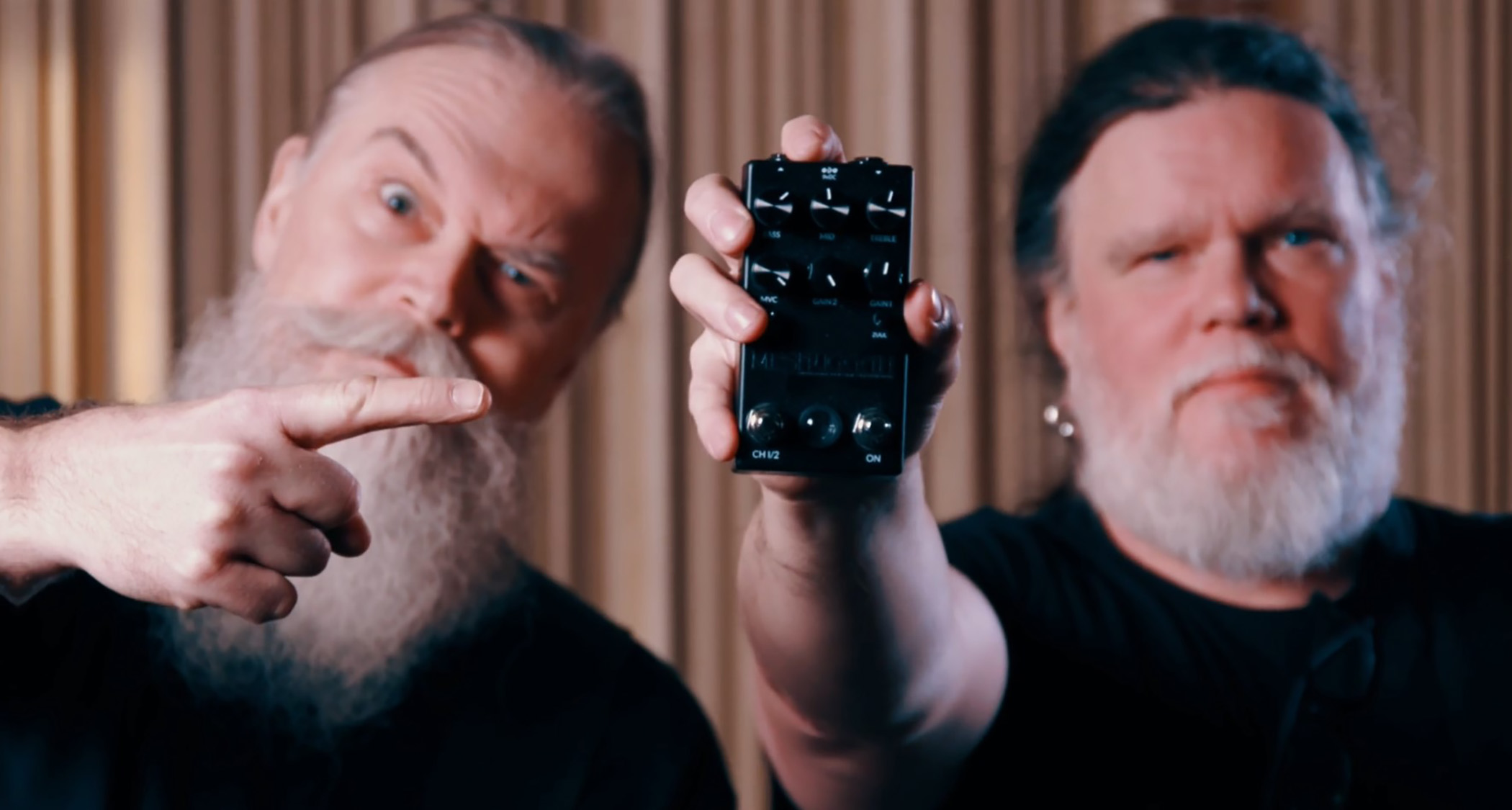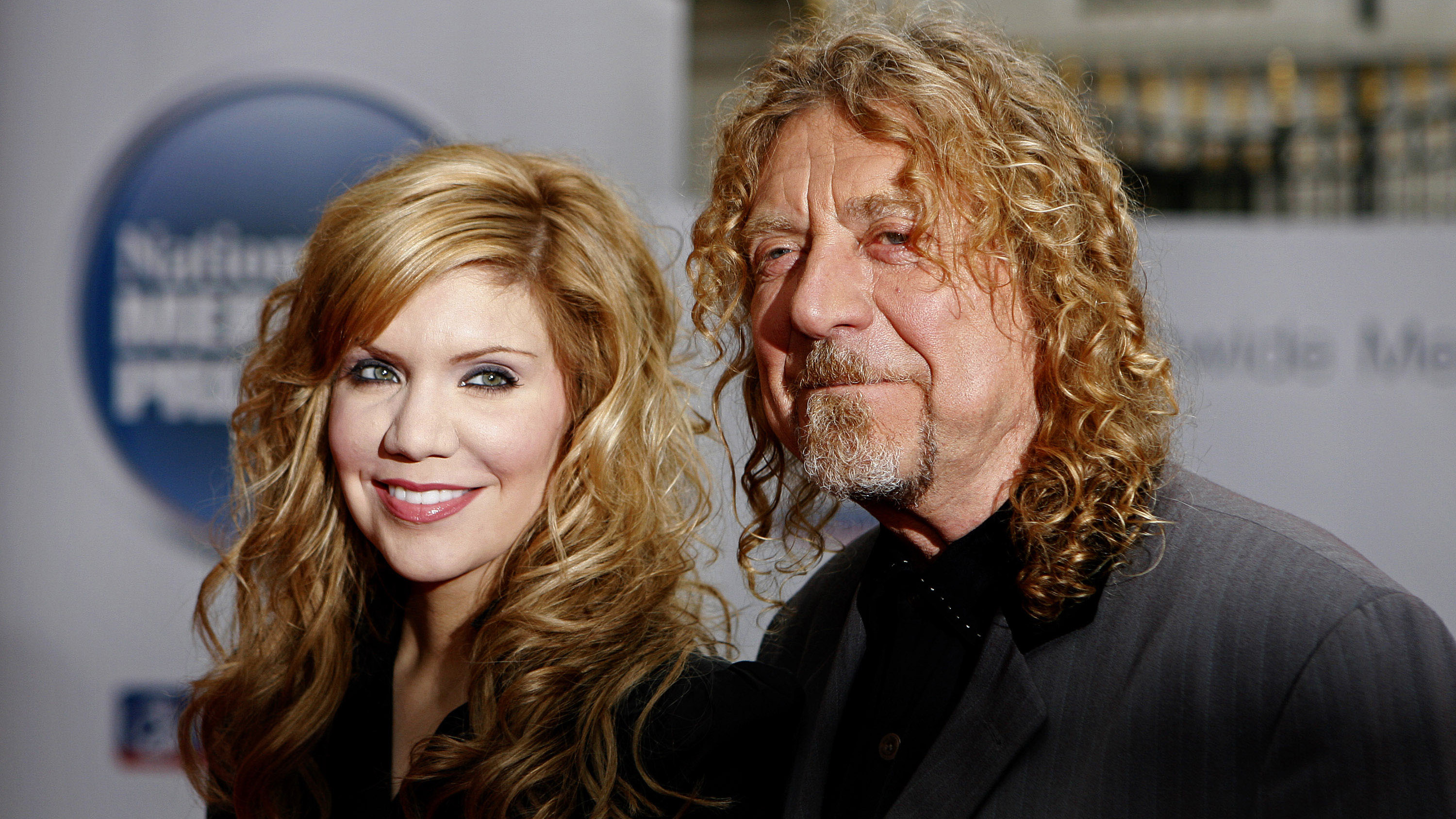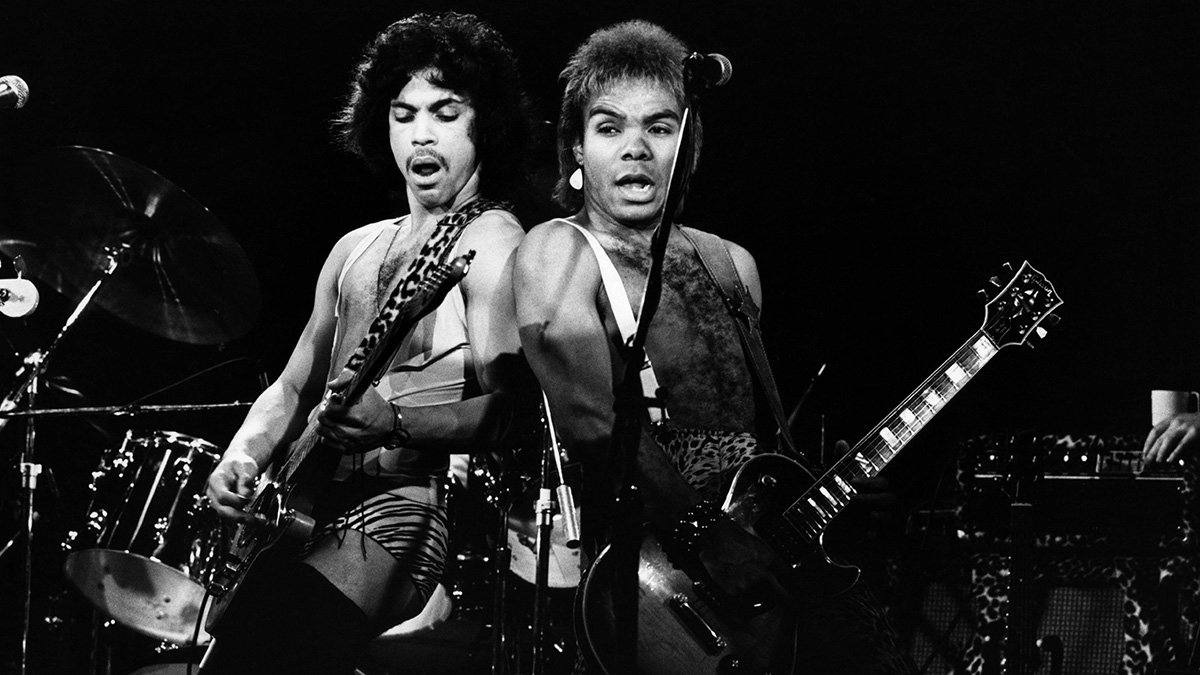6 of the best: José Pasillas
Incubus drummer looks back on his career highlights

"Playing something really simple is the hardest thing to do..."
“There’s only so much you can do rhythmically as a drummer within a certain genre of music,” says Incubus drummer Jose Pasillas.
While that might be true, Pasillas has filled his band’s eight records with enough style, panache and character to suggest that he has enough beats up his sleeve for another eight albums, at the very least.
“It is really about blending the right rhythm to the right part,” he adds. “Finding that is the hardest part. Playing something really simple is the hardest thing to do because you want to make it count and you want to be more thoughtful about the notes that you are playing because there are fewer notes. It’s difficult to play something that means something.”
This year saw Pasillas and co drop their eighth album, the appropriately titled 8, and so what better time to chat through some key albums from the Incubus back catalogue with the man himself?
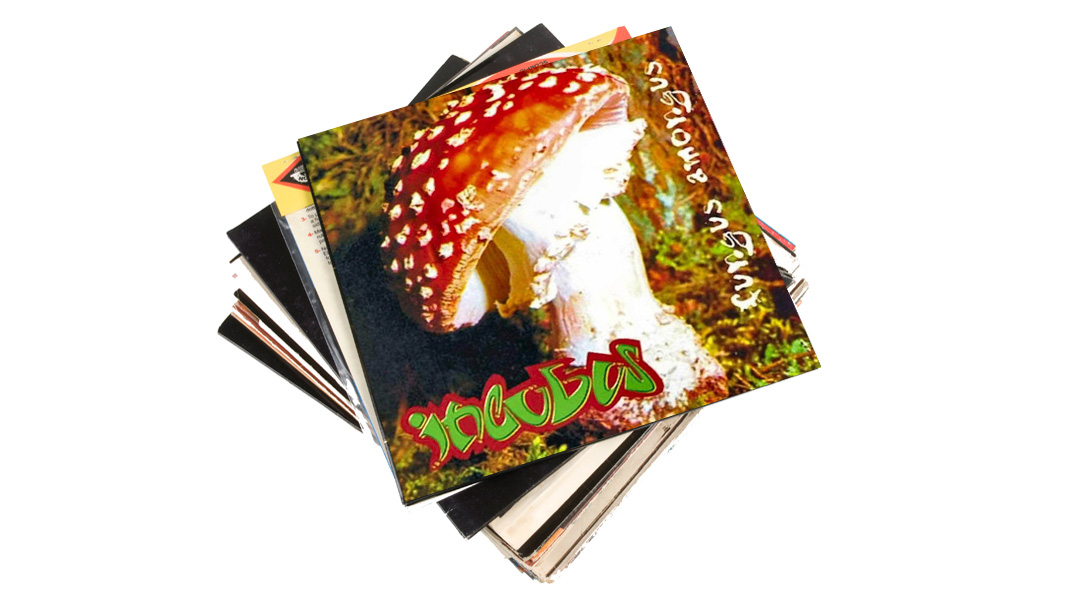
Incubus - Fungus Amongus (1995)
“We saved up money so we could do a handful of demos at a time. We did two or three demos and then recorded Fungus Amongus.
“This was our first concerted effort at putting a group of songs together on an LP. We had tried to find a label for quite some time and it wasn’t our time. We thought we’d just put it out independently.
We pressed 1,000 copies and sold them. It was our introduction to being in the studio and exploring the space
“We had a friend who knew someone who had a studio, Jim Wirk. Jim produced the album as well. We just went in the studio and recorded the songs that we had somewhat properly.
“We pressed 1,000 copies and sold them. It was our introduction to being in the studio and exploring the space.
“In terms of influences at that time I had a good mix, I loved Tim Alexander from Primus I really enjoyed all of Stewart Copeland’s records, I love Rush, Soundgarden, the Chili Peppers and then also Carlos Santana and John Fishman from the band Fish. My influences were across the board. I loved listening to Chad Sexton from 311 and how he had a marching snare style in alternative music.”
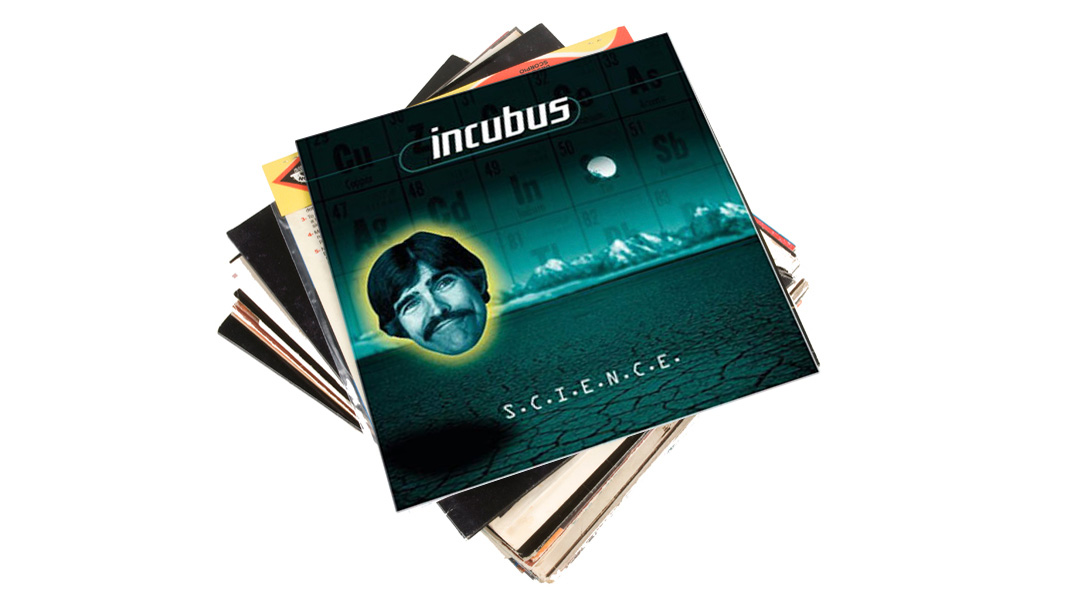
Incubus - S.C.I.E.N.C.E (1997)
“This album was a bigger learning curve than Fungus Amongus in terms of tracking drums.
“This was our first LP on a major label. We had a budget and all had new gear. The first thing we did when we got signed was go and buy instruments that weren’t falling apart.
“Every record is a learning experience, you want to push the envelope and see what cool sounds you can get. Typically, I change out snares, cymbals and drums from song to song depending on what I feel it should sound like.
The first thing we did when we got signed was go and buy instruments that weren’t falling apart
“Drumming-wise that album is very natural. With parts my first instinct is usually the right instinct. We wrote this record in probably two months and recorded it in a month.
“We don’t overthink it, so my drum parts came naturally. Signing to a major label maybe added a little bit of pressure. Most of the pressure though we put on ourselves.
“We didn’t have label people coming in hovering above us making sure we weren’t wasting money. We were left to our own devices and we worked well that way. We were just at ease to have the budget to make music full time.
“Before then, each one of us were enrolled in schools because there was part of us that wanted to appease our parents. Getting signed was our okay to drop out of school.”
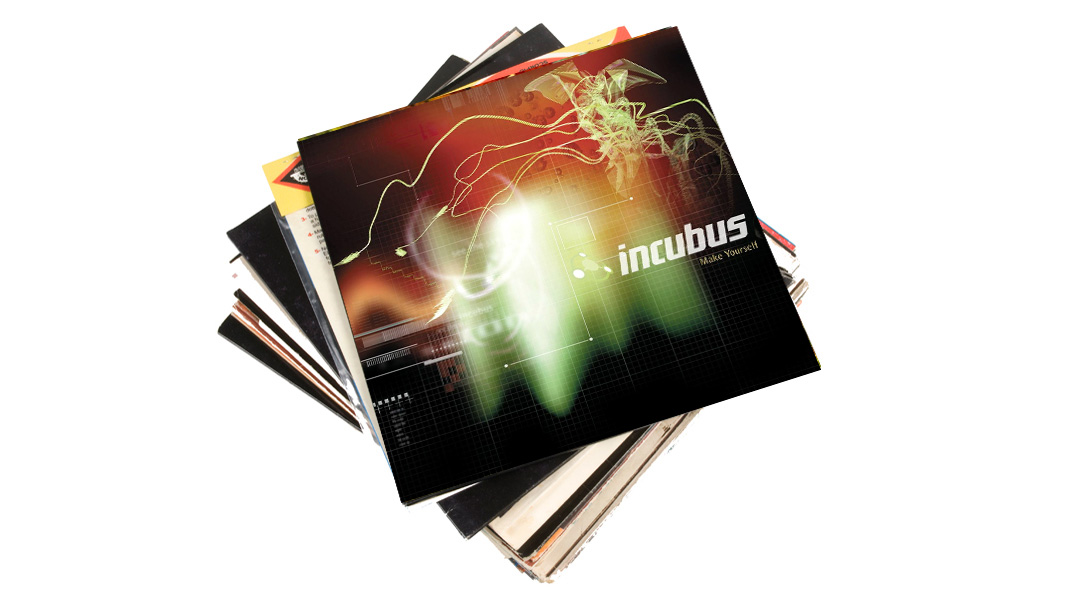
Incubus - Make Yourself (1999)
“We toured a couple of years behind S.C.I.E.N.C.E so I think musically and our individual musicianship improved exponentially.
“Going in to make this album we just felt better as a band. We felt more comfortable with ourselves in writing this record. We felt comfortable with not confining ourselves with staying in a genre of music. We never really fit into one genre.
“We felt comfortable to expand our sound. We were messing around with drum ‘n’ bass electronic stuff that we had heard in Europe and heard touring with bands like Roni Size. It was exciting.
I can rely on the fact that this band will not re-write the same record or song again and again
“I can rely on the fact that this band will not re-write the same record or song again and again. We have no boundaries and that is exciting for me as a drummer.
“I write my parts best when I have something to write to. I flourish when I have a bass part of a rhythm track to write to and writing this whole record was full of that. It had that drum ‘n’ bass feel and I was messing around sonically with tight little drums and drums with big room mics. It was a lot of fun.
“Songs like Pardon Me have that drum ‘n’ bass influence. The rhythm from that song was actually from the Busta Rhymes song Gimme Some More, that’s where we got the inspiration for that rhythm.”
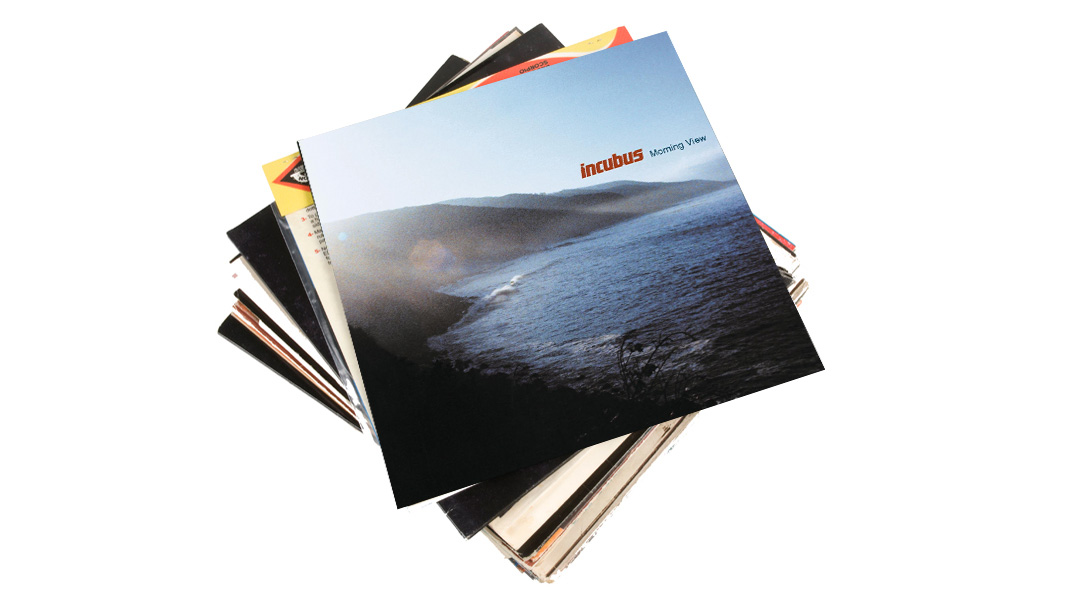
Incubus - Morning View (2001)
“I think the success of Morning View maybe was a culmination of the strength of the material and the momentum we’d built up on the road.
“We toured Make Yourself for a couple of years and we were getting more and more radio play. Pardon Me came out and got some traction, then Stellar got more traction and once we were off the road and writing Morning View, Drive came out and hit the biggest chord we had experienced worldwide.
Everyone ate, breathed and s*** music for about four months. That was inspiring
“We were so excited at that time and we made our own studio in Malibu and moved in there. Everyone ate, breathed and s*** music for about four months. That was inspiring.
“The success of Drive didn’t have a big impact on what we were writing. We knew what worked for us and some bands might see what is successful and write more of that, we liked to see what works and then expand upon it.
“This was a flourishing time for us getting our chops up and writing actual songs.”
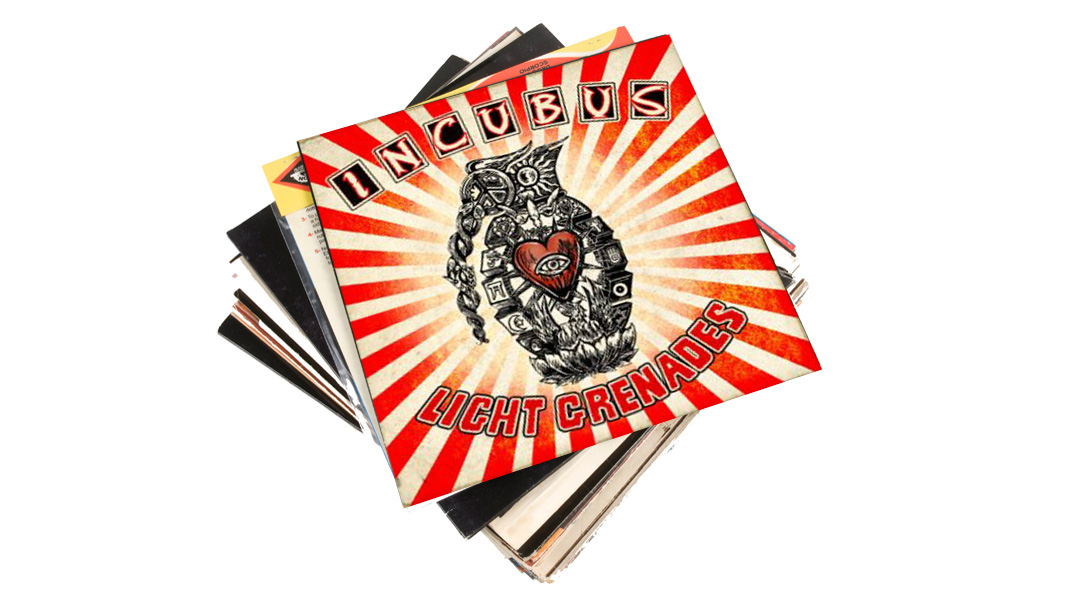
Incubus - Light Grenades (2006)
“We worked with Brendan O’Brien on three records, one of which was Light Grenades.
“He was really good to work with because he is a musician. He would come in at the last stage of us writing and we would leave one or two songs to finish in the studio and he was really good with refining things. He knew the studios really well and knew how to get the best sounds and which drums to use.
I’m totally open to getting the best quality drum sound. I’m not stuck on any particular drums just as long as they sound great
“I’m totally open to getting the best quality drum sound. I’m not stuck on any particular drums just as long as they sound great. I would give my trust to a producer to help find that sound and Brendan was really good with that.
“My approach to tracking hadn’t changed a great deal from the early albums to this time. It usually starts with a rhythm and a couple of different parts and we put them in the pot.
“From there, we form a song. During that process I will try multiple rhythms and I’ll try to come at it from different angles and perspectives.”
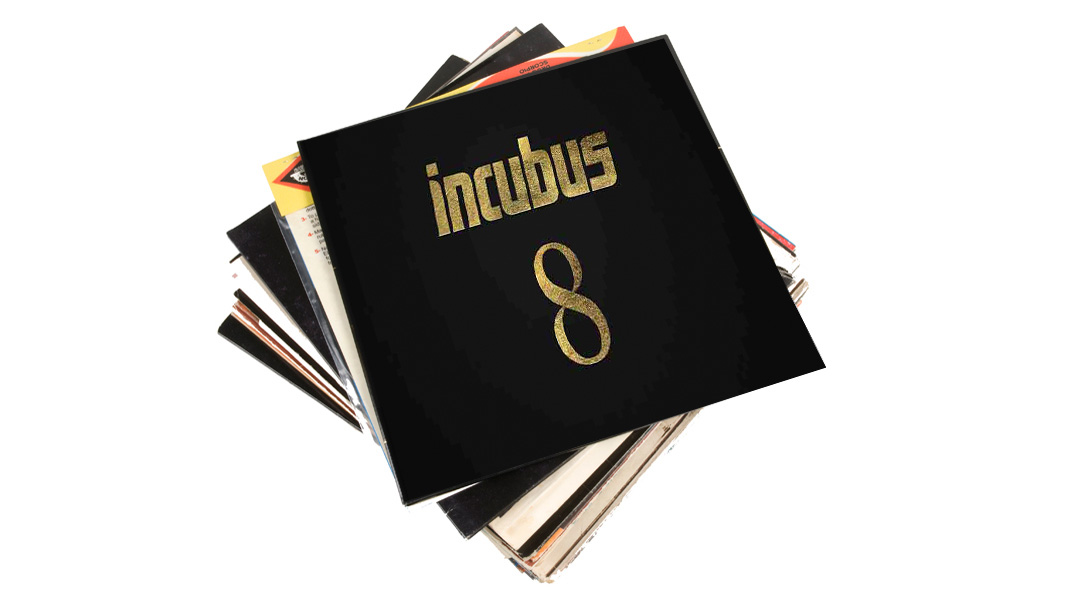
Incubus - 8 (2017)
“We are getting older and we’ve written many records and the general tendency is to be more sparse.
“But I think this record was a combination of both; it has a lot of note-y times and a lot of lean, thoughtful times. It goes from the slow tempos to the uptempo stuff and everything in between.
“During the writing I used a DW Classic kit, it emulates the old Ludwigs and Slingerlands. I use full depth toms but playing live I use half-stack toms that are only maybe five or six inches deep.
“Here, I used the full-sized kit. Then in the studio I lean on the producer on what they think will be good. I will have tonnes of different snares, kick drums and cymbals.
I attack it song by song in the studio. That’s fun, I get to figure out what will sound right for each song
“I attack it song by song in the studio. That’s fun, I get to figure out what will sound right for each song. It is pretty incredible that I have all of these things readily available to me to be able to do that.
“A lot of bands will just have one kit, one snare and their cymbals and they record a whole record that way. I prefer to have more of a palette with more colours and more options and I am very fortunate to be able to do that.”
Rich is a teacher, one time Rhythm staff writer and experienced freelance journalist who has interviewed countless revered musicians, engineers, producers and stars for the our world-leading music making portfolio, including such titles as Rhythm, Total Guitar, Guitarist, Guitar World, and MusicRadar. His victims include such luminaries as Ice T, Mark Guilani and Jamie Oliver (the drumming one).
Zak Starkey is back in The Who. “I take responsibility for some of the confusion… Zak made a few mistakes and he has apologised”, says Pete Townshend
“I oversaw every element - not just the music and the lyrics and the melodies and the production, but also the merch and the fan clubs and everything”: Mike Portnoy talks about his years away from Dream Theater
Zak Starkey is back in The Who. “I take responsibility for some of the confusion… Zak made a few mistakes and he has apologised”, says Pete Townshend
“I oversaw every element - not just the music and the lyrics and the melodies and the production, but also the merch and the fan clubs and everything”: Mike Portnoy talks about his years away from Dream Theater





